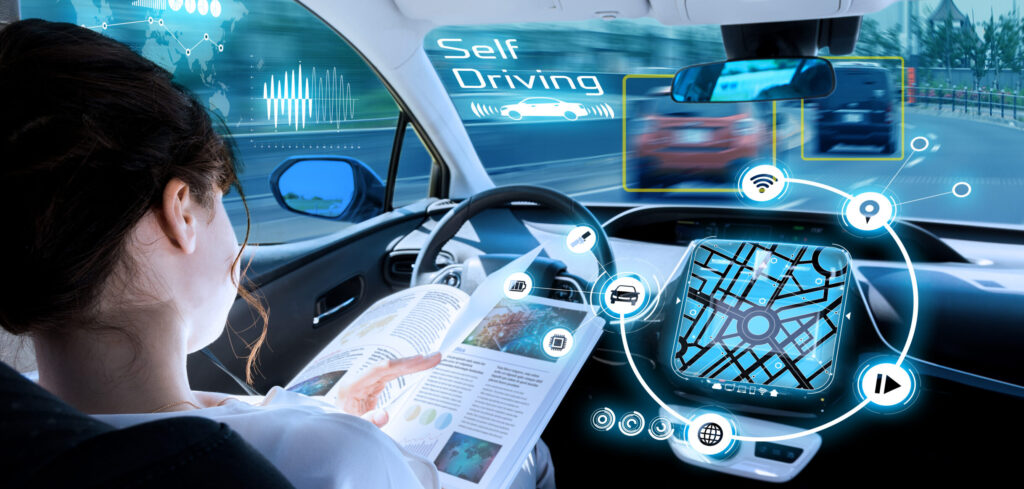Engineering consultant Horiba MIRA and four partners (Polestar, IPG Automotive, Connected Places Catapult and Coventry University) have announced a collaboration to “enable the development of better and safer automated driving technologies”.
Funded in part by the Centre for Connected and Autonomous Vehicles (CCAV), UK, the partners will work on the CERTUS project, which aims to break a link between the growth in complexity of ADAS and the speed and cost of verifying the technology as suitable for road use.
IPG Automotive will provide the virtual CarMaker software platform for the project’s simulation capability; Connected Places Catapult will provide the UK road network data to contextualize where the automated systems could operate; and Coventry University will manage the project’s interface with government and advance academic research of the project’s results.
In a 2021 report by McKinsey & Company, analysis shows that a third of the development costs to bring a Level 4 car to market – up to US$400m – is spent in the verifying of automated systems. For more complex use cases such as a Level 4 robotaxi, equivalent testing could cost US$1.6bn and account for 50% of the overall vehicle development costs.
To help reduce costs of validating systems, CERTUS will use AI-driven search space optimization techniques to deliver a substantial reduction in testing time and engineering verification by targeting scenarios most likely to challenge the automated system’s operation.
According to the partners, the aim of the project, which commenced in Q3 2023 and concludes in March 2025, is to reduce ADAS costs by 40% and reduce the testing costs per vehicle model by an average of £200m (US$242m).
Defining all parameters in which the new driving systems will be tested, the results can be accurately mapped across the entire UK road network to define where systems will function. This geo-mapping of where new technologies can be safely used will close an information black hole for users, fleet operators, government agencies and insurers to help accelerate the rollout of automated driving technology.
As the project lead, Horiba MIRA will take responsibility for the development of the tools and algorithms, including a mixed reality platform that will combine the physical test and virtual scenario modeling.
Declan Allen, Horiba MIRA’s managing director, said, “CERTUS delivers an approach that will not just save car makers money, but will also accelerate the deployment of automated driving technology, aiding regulators, insurers and consumers with the adoption of these technologies.”


